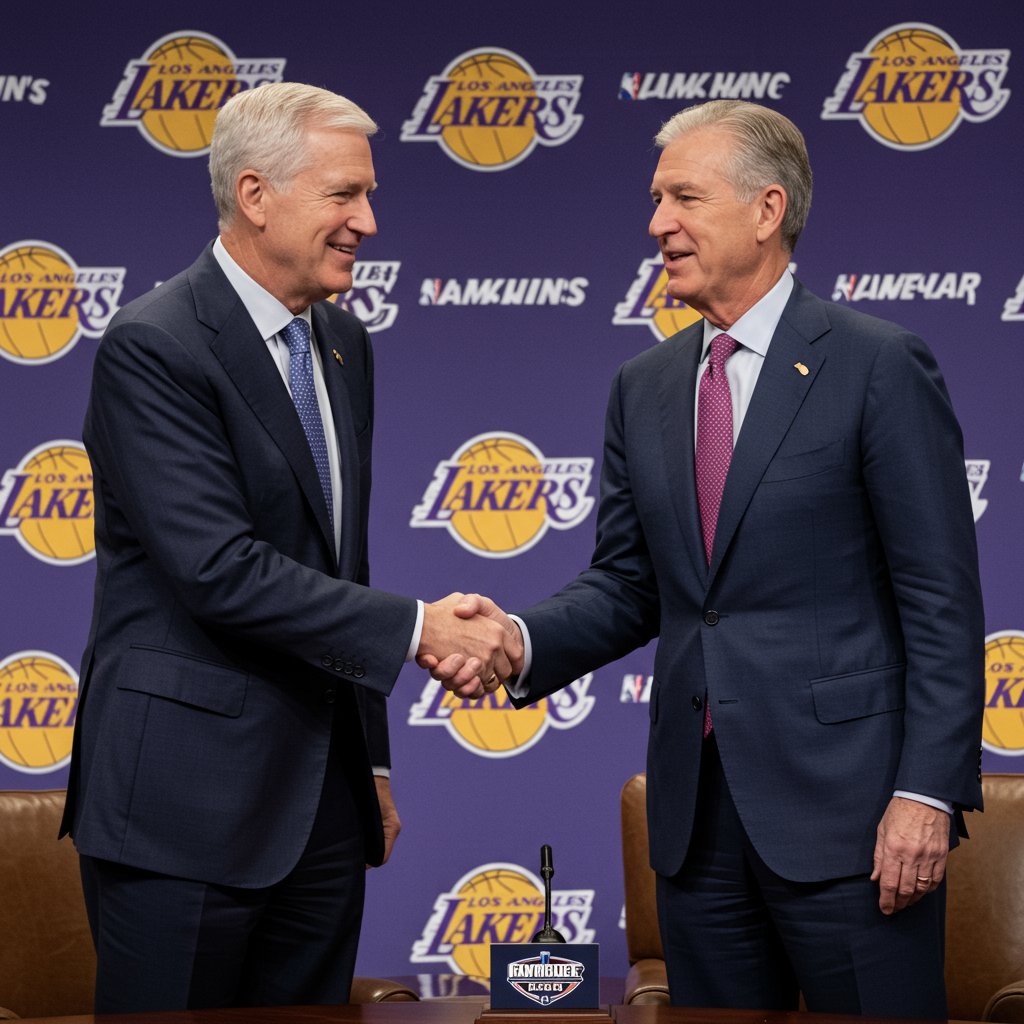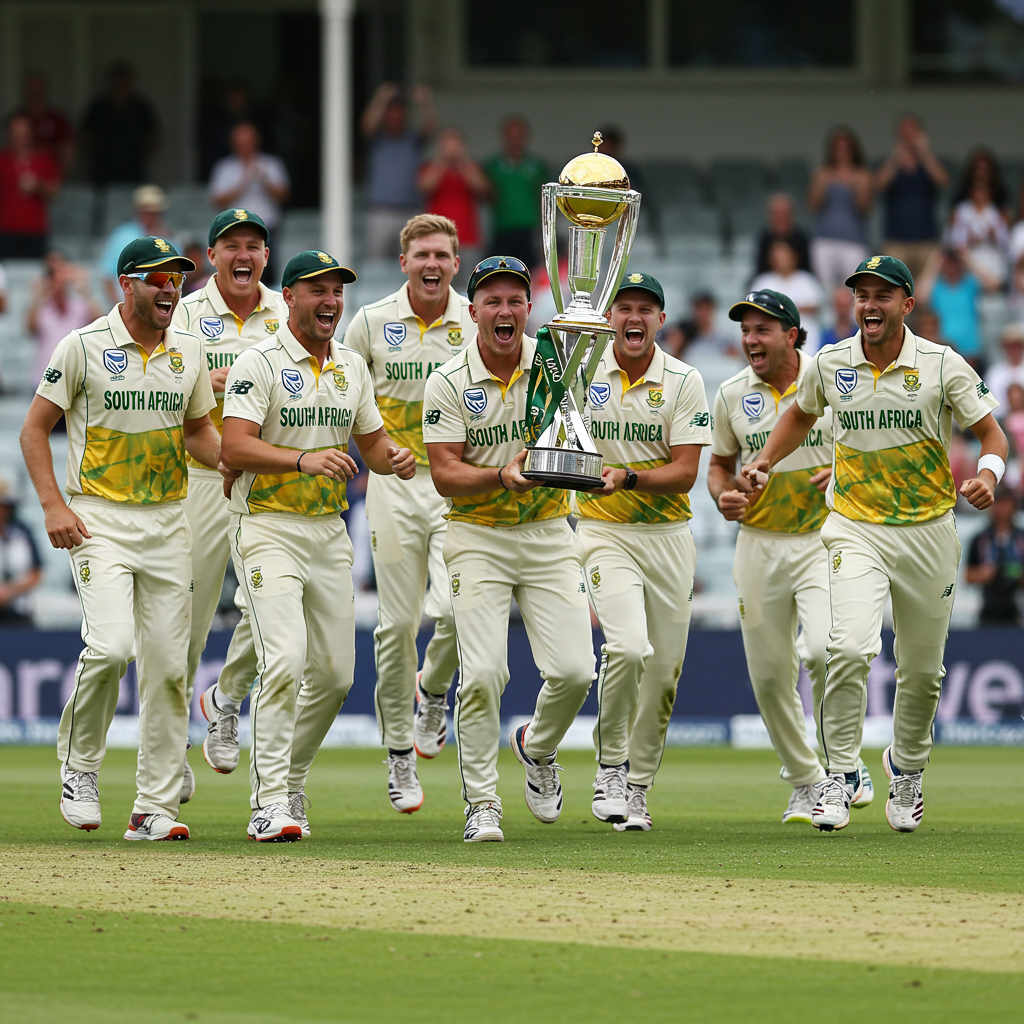A monumental shift has hit the NBA. The Los Angeles Lakers, a cornerstone franchise owned by the Buss family since 1979, are reportedly undergoing a change in majority ownership. This landmark deal, valuing the team at a staggering $10 billion, is set to transfer control to a group led by billionaire Mark Walter, co-owner of the Los Angeles Dodgers.
This record-setting transaction marks the end of the Buss family’s lengthy stewardship and ushers in an era that NBA insiders believe could fundamentally alter how the Lakers operate.
End of an Era, Dawn of “Real Business”
For decades, the Lakers under the Buss family, particularly after patriarch Jerry Buss passed away, were often perceived as operating much like a high-profile family enterprise, heavily reliant on the revenue the team itself generated. This model stands in sharp contrast to the landscape of modern sports ownership, where increasingly wealthy figures treat teams as just one powerful asset within vast, diversified business portfolios.
“This is a good move,” a league insider told ESPN reporters Tim Bontemps and Dave McMenamin. “The Lakers can finally be run like a real business.”
Another executive echoed this sentiment, suggesting that the previous model might no longer be financially sustainable in today’s league: “With the way the league is going, I don’t think they could afford to be in this business. It just costs too much day-to-day.” Unlike the Buss family, who primarily drew finances from the team, new owners possess immense resources from their broader holdings, treating sports teams as a key part of their portfolio, not the only thing in it.
Mark Walter: A New Chapter for the Purple and Gold
The buyer, Mark Walter, is the CEO and chairman of TWG Global, a holding company with deep ties to the sports world. Walter and his group already hold controlling stakes in powerhouse franchises like the Los Angeles Dodgers, Los Angeles Sparks, Chelsea F.C. (soccer), and are involved in the Professional Women’s Hockey League and a new Formula One expansion team.
His track record, especially with the Dodgers since 2012, is often cited as a key indicator of the potential direction for the Lakers. Under Walter’s ownership, the Dodgers transformed into a perennial World Series contender known for aggressive financial moves, including massive payrolls and a willingness to incur significant luxury tax penalties, coupled with smart organizational planning.
The Promise of Increased Spending
This history fuels widespread speculation among insiders and fans alike: Will the Lakers now shed perceived financial constraints and become a franchise known for spending at the highest level? Sources have wondered if the Lakers could finally fulfill the perception of being a “cash cow, spend money at all costs, do whatever it takes to win” organization – a status often compared to the New York Yankees, though some insiders note the Lakers haven’t always operated that way in practice.
Evidence of potential past limitations includes the 2021 free-agent negotiation with Alex Caruso, where the Lakers’ offer reportedly included a desire to lower their luxury tax bill, ultimately leading Caruso to sign a larger deal elsewhere. While the team is currently projected below the first luxury tax apron for the 2025-26 season, Walter’s willingness to incur tax penalties with the Dodgers suggests a future where the Lakers could exceed these thresholds to build a championship roster, potentially centered around a talent like Luka Dončić.
Beyond player salaries, the influx of capital is expected to lead to significantly enhanced resources across the organization, including improvements in scouting, player development, and overall front office infrastructure – areas some felt were previously less robust compared to other elite teams.
The magnitude of Walter’s resources is further highlighted by reports suggesting potential indirect involvement of global capital. His firm, TWG Global, recently received a significant $10 billion investment from Mubadala Capital, an investment company based in Abu Dhabi. While foreign entities cannot directly own NBA teams, such investments into firms acquiring teams are permissible, pointing to the immense financial power backing this acquisition and reflecting the growing trend of global capital flowing into major sports.
Jeanie Buss: Continuity, With a Question Mark?
Despite the change in majority control, a key part of the sale agreement is that Jeanie Buss is guaranteed to remain as the Lakers’ governor and continue running the team for “at least a number of years.” This condition was reportedly endorsed by Walter as part of the deal.
However, this arrangement has raised questions among some league observers. As ESPN insider Shams Charania reportedly mused, how long would someone who has invested a staggering $10 billion be content to simply “sit on the sidelines” without eventually wanting to fully steer the franchise and potentially install their own leadership team? The situation draws comparisons to other recent major sports sales, like that of the Dallas Mavericks, where the initial understanding of the former owner retaining control over basketball operations reportedly “quickly faded.” While Jeanie Buss provides immediate continuity, many anticipate Walter will eventually exert full control over the franchise’s direction.
A New Benchmark in Sports Valuation
The $10 billion valuation itself is historic, setting a new benchmark for sports franchise worth globally. It reflects the immense global brand power of the Lakers and the soaring values of top-tier sports assets. This sale follows a broader trend in the NBA, with approximately one-third of the league’s franchises changing ownership hands since 2019, often to ownership groups with vast, diversified financial capabilities.
Ultimately, the $10 billion sale marks a pivotal moment for the Los Angeles Lakers. While it signifies the end of the traditional Buss family ownership era, it ushers in a future backed by unprecedented financial resources and a proven track record of aggressive investment in winning. Fans and insiders are eager to see if this new era delivers on the promise of a Lakers team run as a modern, “real business,” consistently competing at the highest level with the financial power to match its legendary status.



